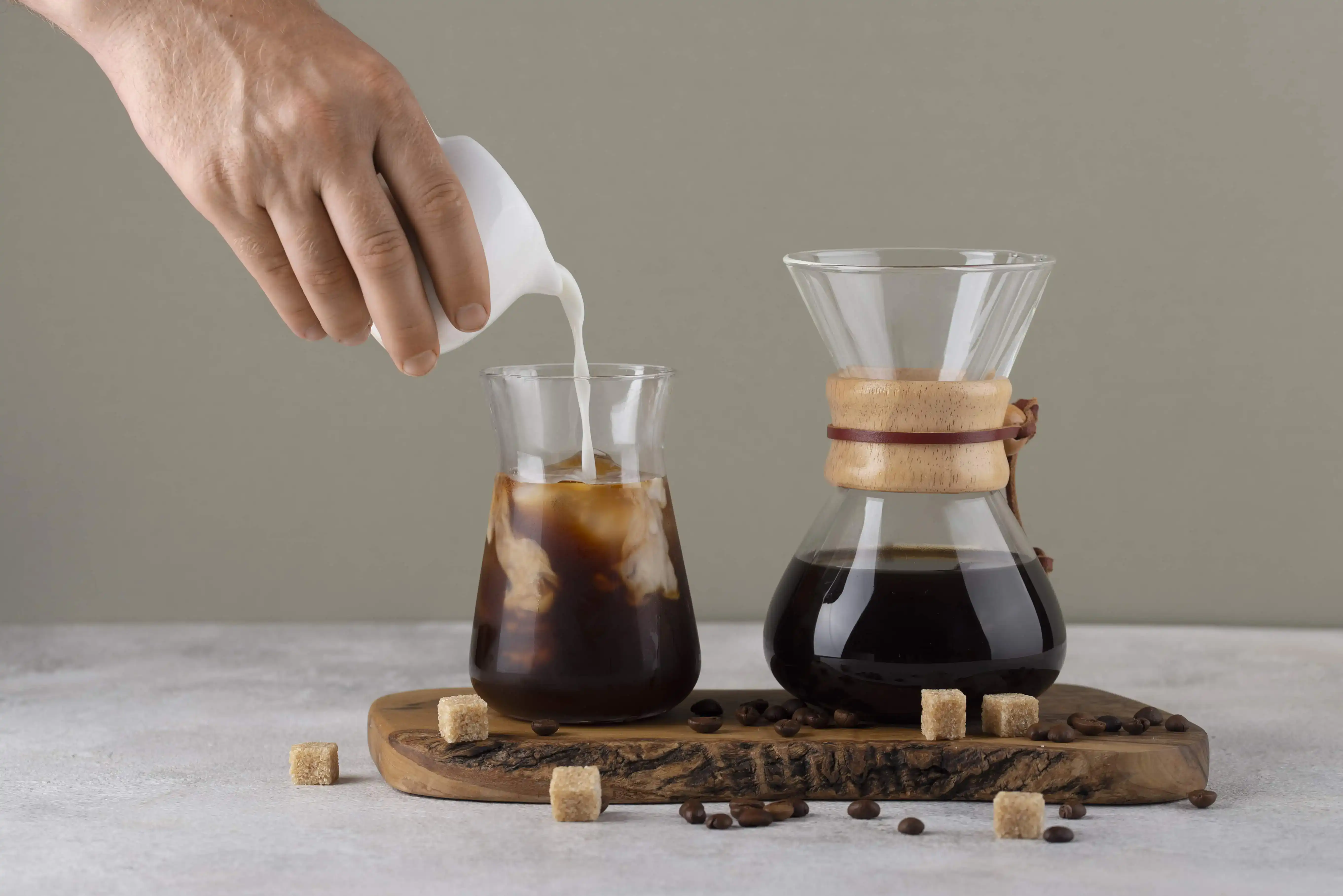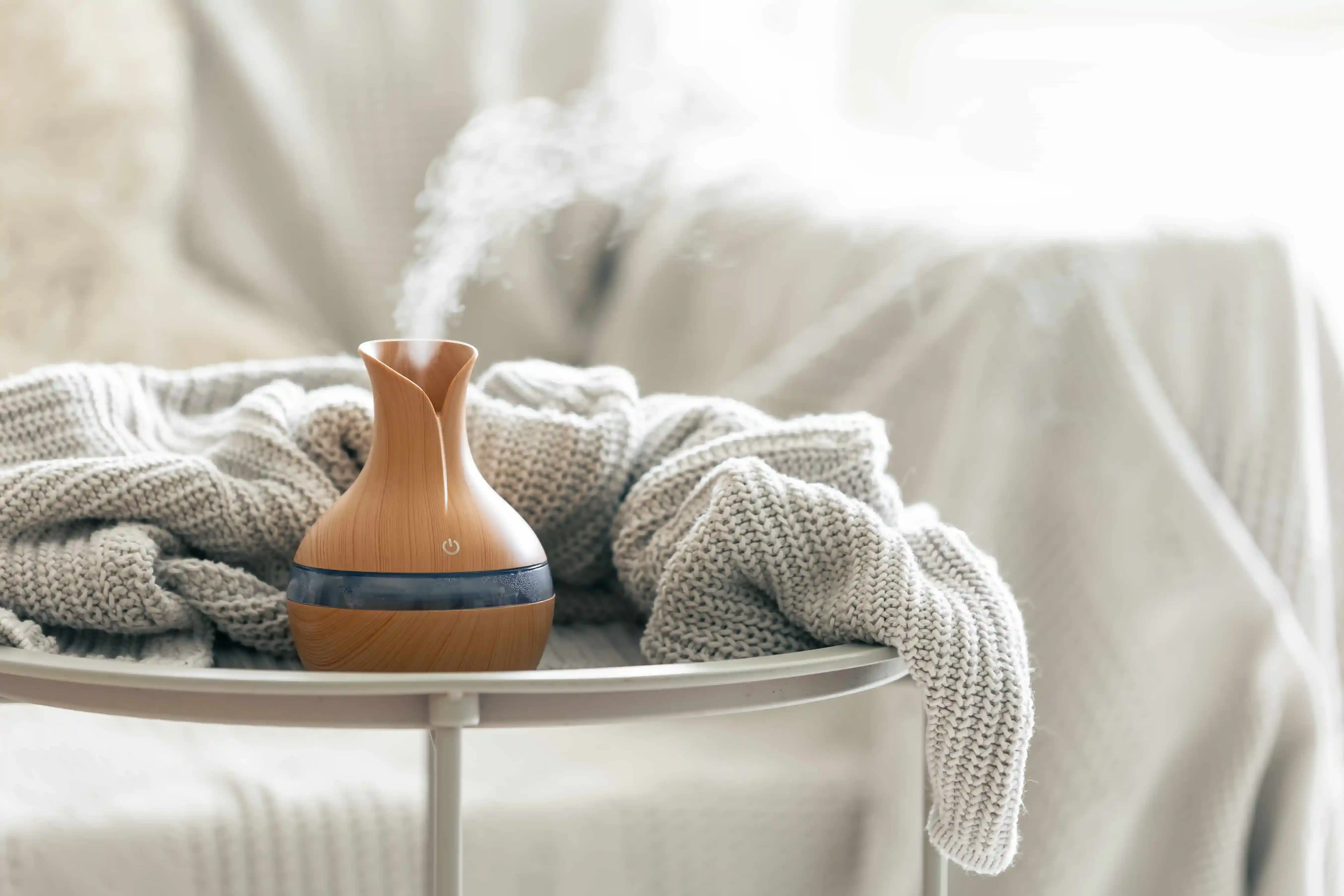Decoding Decaf: A Sip into the World of Caffeine-Free Coffee

For coffee enthusiasts who relish the rich aroma and robust flavor of their daily brew but seek a caffeine-free option, decaf coffee emerges as a delightful alternative. In this guide, we'll unravel the mysteries of decaf coffee, exploring its origins, the decaffeination process, and providing a step-by-step journey into enjoying a satisfying cup of decaf without compromising on taste.
Decaf Coffee Origins
Decaf coffee begins its journey just like regular coffee, with the cultivation of coffee beans. These beans are typically sourced from the same coffee plants as their caffeinated counterparts. The key difference lies in the subsequent decaffeination process, a crucial step that sets decaf coffee apart.
The Decaffeination Process:
Several methods are employed to decaffeinate coffee beans, each with its own set of advantages and considerations. Here are some of the common decaffeination methods:
- Swiss Water Process: Considered one of the most natural methods, the Swiss Water Process involves soaking green coffee beans in hot water to dissolve the caffeine. The water is then passed through activated charcoal filters to remove the caffeine while preserving the flavors. The now-decaffeinated beans are dried and roasted to create flavorful decaf coffee.
- Solvent-Based Processes: Ethyl acetate and methylene chloride are solvents used in some decaffeination processes. In these methods, the green coffee beans are steamed to open their pores, and the solvent is applied to extract the caffeine. The beans are then washed and steamed again to remove any residual solvent. While both solvents are deemed safe in regulated amounts, some individuals prefer decaf coffee processed using the Swiss Water method for its natural approach.
- Carbon Dioxide (CO2) Method: This method utilizes pressurized carbon dioxide to extract caffeine from the green coffee beans. The CO2 is circulated through the beans, effectively pulling out the caffeine. Once the caffeine is removed, the CO2 is depressurized, returning to its gaseous state and leaving behind decaffeinated coffee beans. This method is known for preserving the flavor compounds, resulting in a rich and aromatic decaf coffee.
Caffeine Content in Decaf Coffee:
Contrary to common belief, decaf coffee is not entirely caffeine-free. The decaffeination process significantly reduces the caffeine content, but a trace amount remains. On average, an 8-ounce cup of regular brewed coffee contains around 95 milligrams of caffeine, while the same amount of decaf coffee typically contains about 2 to 5 milligrams of caffeine.
The exact caffeine content in decaf coffee can vary based on factors such as the decaffeination method used, the type of coffee bean, and the brewing process. Generally, decaf coffee retains approximately 1-2% of the original caffeine content found in regular coffee.
Good or Bad? Separating Fact from Fiction
Now that we've navigated the aromatic world of decaf coffee, a common question often arises: Is decaf coffee good or bad for you? Let's delve into this query and separate the facts from the myths surrounding this beloved brew.
The Good:
- Reduced Caffeine Intake: The most apparent benefit of decaf coffee is its reduced caffeine content. For individuals looking to limit their caffeine intake due to health reasons, sensitivity, or simply to enjoy a cup later in the day without disrupting sleep, decaf is an excellent choice.
- Antioxidant Properties: Decaf coffee retains many of the antioxidants found in regular coffee. Antioxidants play a crucial role in neutralizing free radicals in the body, potentially contributing to overall health and well-being.
- Digestive Friendliness: Some individuals find that decaf coffee is gentler on the stomach compared to its caffeinated counterpart. If you experience acid reflux or digestive issues, switching to decaf might offer a more soothing experience.
- Hydration Benefits: Unlike caffeinated beverages that may contribute to dehydration, decaf coffee contributes to daily fluid intake without the diuretic effects associated with caffeine.
The Considerations:
- The Decaffeination Process: While the decaffeination process aims to remove most of the caffeine, some methods involve the use of solvents. Although the residual solvent content is minimal and within regulatory limits, individuals with sensitivity or concerns may prefer decaf options that utilize methods like the Swiss Water Process.
- Potential for Additives: Some commercially available decaf coffees may contain additives or flavorings to enhance the taste. It's essential to read labels and choose high-quality decaf beans to avoid unnecessary additives.
The Bad (in Moderation):
- Acrylamide Content: The roasting process of coffee beans, whether regular or decaf, can result in the formation of acrylamide, a substance that may be harmful in large quantities. However, the overall health impact from moderate decaf coffee consumption is minimal, and acrylamide is present in many foods, not just coffee.
- Potential Impact on Bone Health: Some studies suggest a potential link between excessive coffee consumption and reduced bone density. While this applies to caffeinated coffee, it's worth considering if decaf coffee is a significant part of your daily beverage intake.
Decaf coffee, when enjoyed in moderation, can be a delightful and health-conscious beverage. The decision to incorporate decaf into your routine depends on your individual health goals, preferences, and tolerance levels. As with any food or beverage, balance and moderation are key. So, savor that decaf cup, revel in its rich flavors, and embrace the joy of a caffeine-free indulgence that aligns with your lifestyle.
Choosing Quality Decaf Beans
The key to a flavorful cup of decaf lies in the quality of the beans. Opt for high-quality, fresh decaf coffee beans to ensure a satisfying and aromatic experience. Specialty coffee shops and reputable brands often offer a variety of decaf options that cater to different flavor profiles, ensuring there's something for every palate.
Perfecting Your Decaf Brew
Brewing decaf coffee is a straightforward process that mirrors the preparation of regular coffee. Whether using a drip coffee maker, French press, pour-over, or espresso machine, follow these general steps:
Measure the Coffee: Use approximately one to two tablespoons of ground decaf coffee per six ounces of water, adjusting according to personal taste preferences.
Choose the Right Grind: Opt for a medium grind to ensure an even extraction of flavors during brewing.
Water Quality Matters: Use clean, filtered water to avoid any unwanted flavors in your decaf coffee.
Brewing Time and Temperature: Follow the recommended brewing time and temperature for your chosen brewing method to extract the optimal flavors from the decaf beans.
Experiment with Ratios: Feel free to experiment with the coffee-to-water ratio to find the perfect strength for your liking.
Conclusion: Savoring Every Sip of Decaf Delight
Decaf coffee isn't just for those looking to cut back on caffeine; it's a flavorful and aromatic beverage in its own right. Armed with the knowledge of decaf origins, decaffeination processes, and brewing tips, you can embark on a journey to savor every sip of your caffeine-free cup. Elevate your decaf experience, one delightful brew at a time, and enjoy the richness and depth that decaf coffee has to offer. Cheers to the world of flavorful, caffeine-free indulgence!


